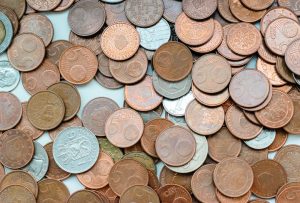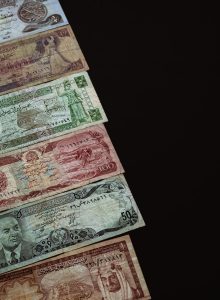Forex reserves, also known as foreign exchange reserves, are assets held by a central bank or other monetary authority in various foreign currencies. These reserves are used to back up the national currency, stabilize its exchange rate, and ensure that the country can meet its international financial obligations.
Forex reserves typically consist of foreign currencies, gold, and other international assets such as special drawing rights (SDRs) and reserve positions in the International Monetary Fund (IMF). The composition of reserves varies from country to country, depending on their economic and political circumstances.
The primary objective of holding forex reserves is to maintain the stability of the national currency by ensuring that there is enough foreign currency available to meet the demand for imports and repay foreign debts. This helps to prevent sudden and sharp fluctuations in the exchange rate, which can lead to economic instability and inflation.
Another important function of forex reserves is to provide a buffer against external shocks such as financial crises, natural disasters, and geopolitical risks. By having a stockpile of foreign currency, a country can protect itself from sudden capital outflows or currency speculation, which can destabilize its economy.
Forex reserves also play a key role in international trade and finance. They allow central banks to intervene in the foreign exchange market by buying or selling currencies to influence exchange rates. This can help to promote exports, attract foreign investment, and maintain the competitiveness of domestic industries.
In addition, forex reserves can be used to provide liquidity to the banking system during times of financial stress. Central banks can lend foreign currency to commercial banks to help them meet their obligations, which can prevent a liquidity crisis from spreading throughout the economy.
The size and composition of forex reserves can have significant implications for a country’s economic and financial stability. Countries with large reserves are generally seen as more creditworthy and less vulnerable to external shocks, while those with small reserves may be more exposed to currency volatility and capital flight.
However, holding too many forex reserves can also have drawbacks. Excessive reserves can tie up valuable resources that could be used for other purposes, such as infrastructure development or social programs. Additionally, large reserves can create a moral hazard by encouraging excessive risk-taking in the financial sector, as banks may assume that the central bank will always be there to bail them out.
Overall, forex reserves play a crucial role in ensuring the stability and resilience of the global financial system. By providing a cushion against external shocks and promoting international trade and investment, they help to support economic growth and development around the world.






